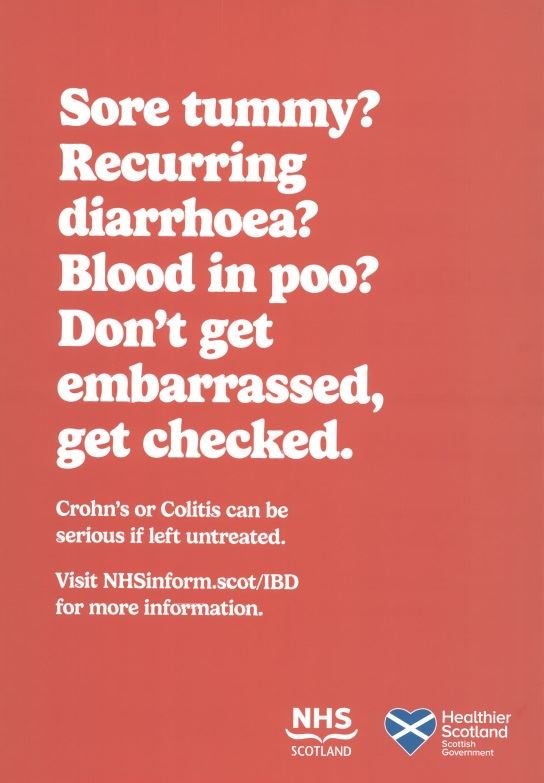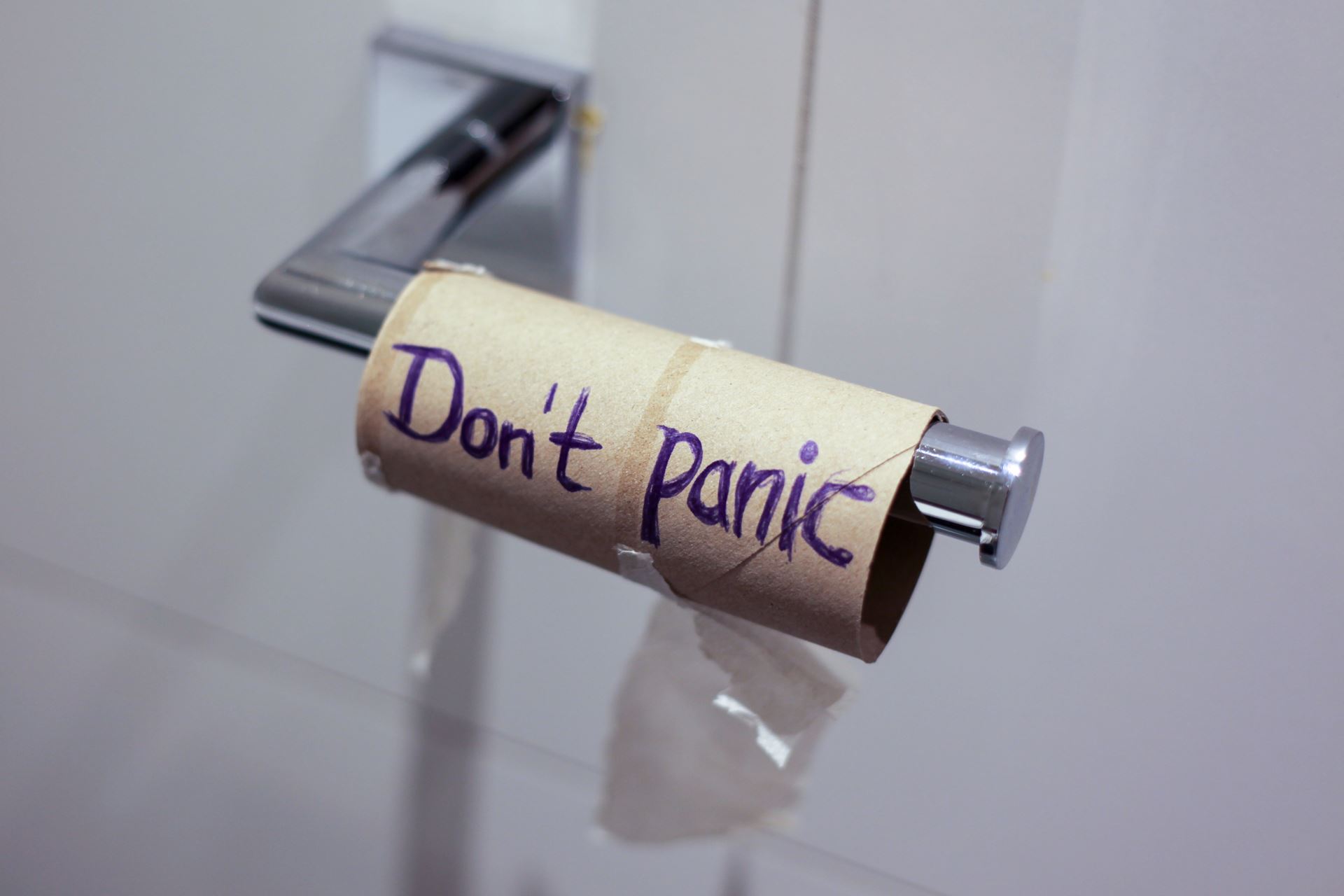Bowel Issues
Having bowel issues is nothing to be embarassed about, but it is important that you look after your health and get checked if you are worried about something. Please find below some resources and information regarding issues you may be experiencing.
The bowel, also known as the intestines or the gastrointestinal tract, plays a vital role in the digestive system. It is responsible for the breakdown and absorption of nutrients from food, as well as the elimination of waste products from the body. The pages and links on this webpage gives:
- a small summary of the functions of the normal bowel
- information on bowel screening programme
- helpful information on common bowel issues as listed below.
- piles and anal fissures
- Inflammatory bowel disease (IBD)
- Irritable bowel Syndrome (IBS)
- Diverticular Disease
- Hernia
- NHS colorectal + lower gastrointestinal services

Digestion & Absorption.
-
Once the food is broken down, the bowel absorbs the digested nutrients, such as carbohydrates, proteins, fats, vitamins, and minerals. These nutrients are then transported into the bloodstream to be utilized by cells throughout the body.The bowel helps break down food into smaller particles through the process of digestion. This includes the mechanical and chemical breakdown of food using enzymes, acids, and bile.

Home to the Gut Biome
The bowel is home to a vast population of beneficial bacteria and other microorganisms known as gut microbiota. These microbes aid in the digestion and fermentation of certain indigestible fibers, producing short-chain fatty acids and vitamins that benefit our health.
We are continually learning more about the gut internal environment and the importance of gut bacteria in aidng normal functions of the bowel.
Formation and elimination of faeces
-
The bowel's muscular walls contract and relax in a coordinated manner through a process called peristalsis. This movement propels the food along the digestive tract, allowing for efficient digestion and absorption.
-
Formation of Feaces: As the digested food moves through the bowel, the absorption of water and electrolytes continues, gradually forming solid waste material called feces. The feces contain undigested food remnants, indigestible fibers, and waste products like bilirubin, a byproduct of red blood cell breakdown.
-
Elimination: The final function of the bowel is the elimination of feces from the body through defecation. This process is controlled by the muscles of the rectum and anus, which relax and contract to allow for the expulsion of waste material.
Worried About Something?

Worried About Your Symptoms?
If you are experiencing any symptoms and would like some advice, please give us a call to make an appointment with one of our clinical team member would be more than happy to assess.
Symptoms like the ones listed opposite shouldn't be ignored, it's always best to get checked.
KEY SYMPTOMS THAT CLINICIANS LOOK OUT FOR:
- persistent painless rectal bleeding for over 2 weeks
- change in bowel habit especially loose stools for more than 2-3 weeks
- unexplained significant weight loss (>4kg)
- Persistent unexplained or progressive abdominal pain.
- symptoms that persist through the night
If you are experiencing any of the symptoms above please make an urgent appointment with us as soon as possible.
Colorectal and lower gastroenterology Team
The large majority of bowel issues can be assessed and dealt with by our clinical team at Bangholm Medical centre. Our specialist colleagues ; The colorectal surgical and lower gastrointestinal medical team are located at the Western General hospital. They receive referrals from ourselves for further investigation and management of various lower gut issues if needed.

What services do they offer?
The team consists of surgeons, physicians, nurse practionners, dieticians, stoma specialists
The team offer a range of outpatient clinics, bowel screening services, colonoscopy and other specialist investigations , a range of surgical proceedures, specialist medication, & colorectal cancer support.
Page created: 04 September 2020




